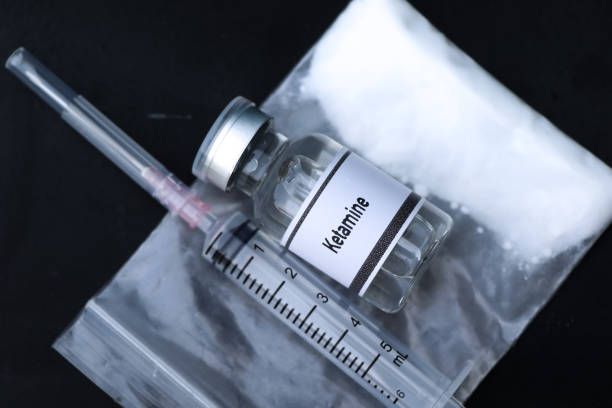According to a brief on Medscape, supported by the NIH, The use of general anesthesia during cesarean deliveries is associated with an increased risk for postpartum depression (PPD) that necessitates hospitalization as well as a risk for suicidality, regardless of obstetric complications.
- Researchers conducted a retrospective cohort study to assess the association of the use of general anesthesia for cesarean delivery with the risk for PPD and suicidality.
- They analyzed discharge records for New York State from three databases and included 325,840 women (age, 10-44 years) who underwent cesarean delivery from 2009 to 2017, of whom 19,513 received general anesthesia.
- The primary outcome was PPD, defined as a diagnosis of depression recorded during a readmission, outpatient visit, or emergency department visit within 1 year after discharge.
- The secondary outcomes included PPD requiring hospitalization and suicidality, encompassing suicidal ideation, a suicide attempt, self-harm, and suicide.
- The analysis accounted for obstetric complications; 13,528 women who received general anesthesia were propensity score matched to 54,112 women who received neuraxial anesthesia.
TAKEAWAY:- The use of general anesthesia for cesarean delivery was not associated with a significant overall increase in risk for PPD (adjusted hazard ratio [aHR], 1.12; 95% CI, 0.97-1.30).
- However, general anesthesia was associated with a 38% increased risk for PPD requiring hospitalization (95% CI, 1.07-1.77), with the increased risk being significant only for Black women (aHR, 1.77; 95% CI, 1.15-2.72).
- The use of general anesthesia was associated with a 45% increased risk for suicidality (95% CI, 1.02-2.05).




Leave A Comment